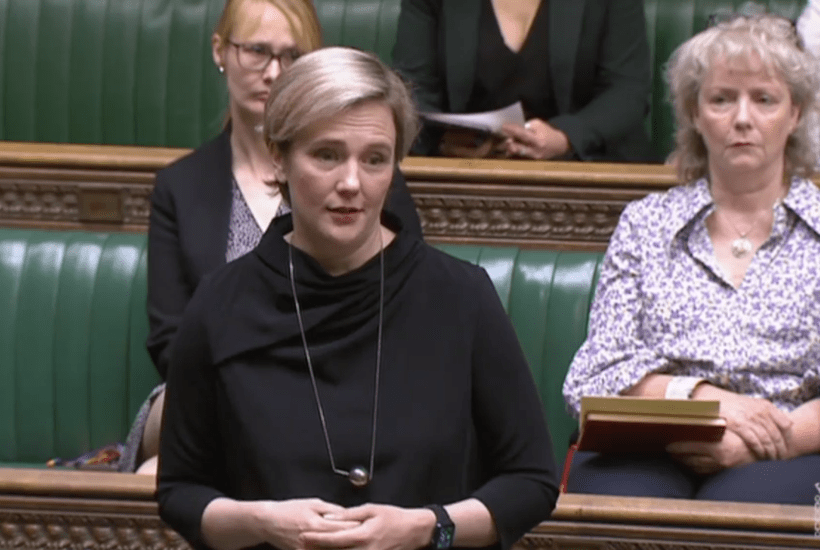Politicians are lining up to condemn the US Supreme Court’s overturning of Roe v. Wade. Activists are warning us that this is the start of a fresh assault on abortion rights in Britain. What starts in the core spreads to the periphery; a new wave of pro-life policies will soon be here.
Already a subscriber? Log in
Subscribe for just $2 a week
Try a month of The Spectator Australia absolutely free and without commitment. Not only that but – if you choose to continue – you’ll pay just $2 a week for your first year.
- Unlimited access to spectator.com.au and app
- The weekly edition on the Spectator Australia app
- Spectator podcasts and newsletters
- Full access to spectator.co.uk
Or




















Comments
Don't miss out
Join the conversation with other Spectator Australia readers. Subscribe to leave a comment.
SUBSCRIBEAlready a subscriber? Log in